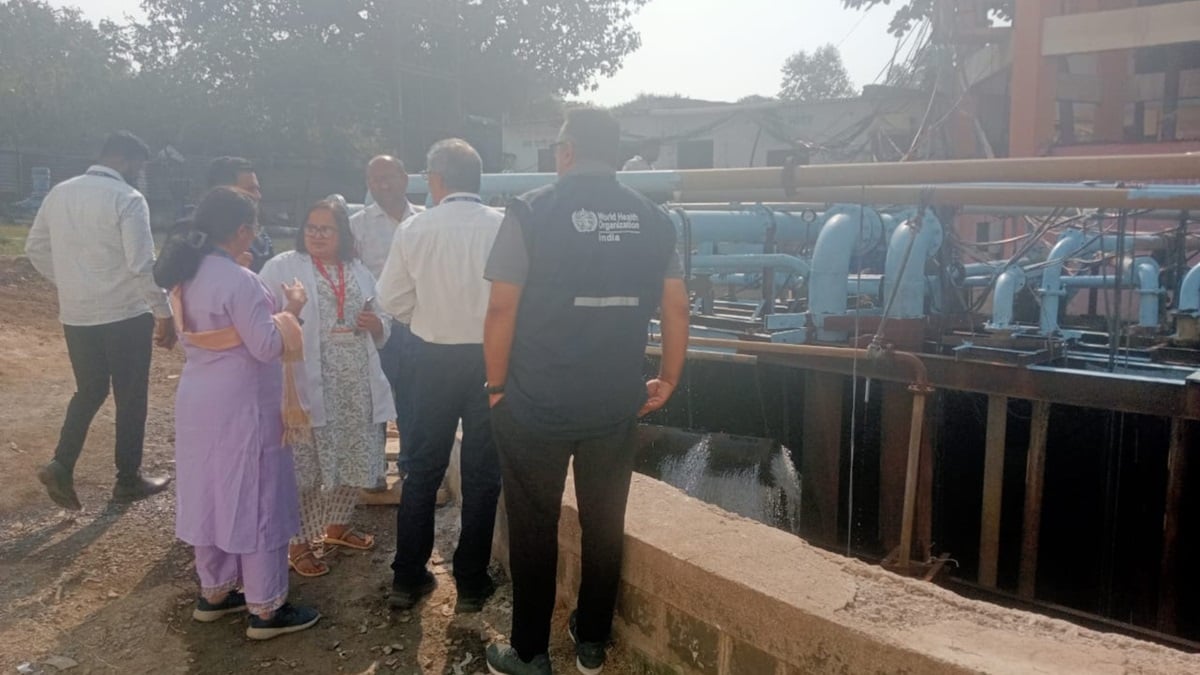Subtotal $0.00
/countries/india/who-pune.tmb-1200v.jpg?sfvrsn=93186737_1)
WHO is supporting health authorities in India’s western state of Maharashtra to respond to suspected and confirmed cases of Guillain-Barré Syndrome (GBS) in the city of Pune. WHO teams are on the ground training the health workforce in conducting ‘active case searches’ in the community living in the affected areas to ensure every suspected case is identified, diagnosed and treated.
Working closely with Pune Municipal Corporation and state and district authorities to trace and test suspected cases and follow up on confirmed cases, WHO medical officers are also assisting health authorities analyze epidemiology and trends. This includes preparation of a ‘spot map’ to show the geographical distribution of disease, and creation of an ‘epidemic curve’ of suspected cases to identify the distribution of new cases over time to support epidemic investigation.
WHO teams are also conducting field work to validate household visits, monitoring the response conducted by central, state, district/corporation health officials, and participating in the state-, district- and corporation-level reviews.
“India’s health workforce is the backbone of disease containment and response—empowered, equipped, and protected, they stand as the first and strongest line of defense against outbreaks. WHO is providing technical and on-ground field support to district- and state-levels teams to empower responders with adequate resources, training, and support systems,” said Dr Roderico H. Ofrin, WHO Representative to India.
GBS is a rare condition, the cause for which is not fully understood. Pune Municipal Corporation is promoting public health interventions – food and hand hygiene, and safe water — for disease management.
There’s no cure for GBS, but treatments can speed recovery and reduce symptoms. Given the autoimmune nature of the disease, its acute phase is typically treated with immunotherapy, such as plasma exchange to remove antibodies from the blood or intravenous immunoglobulin, according to WHO. If muscle weakness persists, patients may need rehabilitation services to strengthen their muscles and restore movement.






